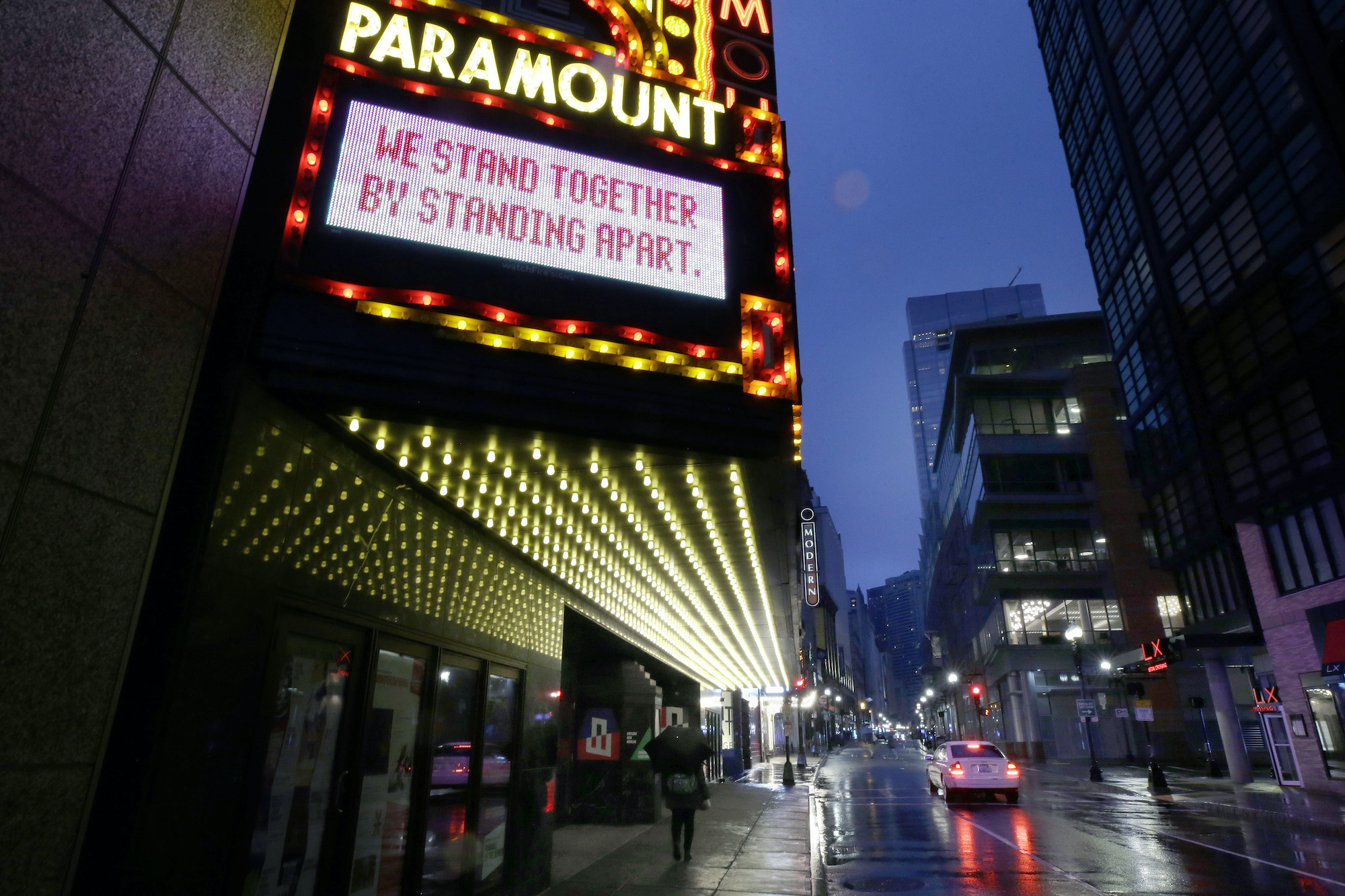
Like a lot of people during this coronavirus pandemic, I’ve been feeling a little useless.
While I am afforded the luxury of writing this story in good health from my apartment stocked (though not hoarded) with groceries, there are thousands of people here in and around Boston who are working essential jobs — from doctors and nurses to grocery store cashiers — and who make all of that possible for me and many others.
I’d been looking for a way to help people in my community when Boston.com (the free news site owned by The Boston Globe) launched Boston Helps, a service to connect people in need with people who are able to help.
As local news outlets suffer blow after blow in this pandemic, Boston Helps is a reminder that local news outlets are an invaluable resource in a person’s day-to-day life. While The Washington Post and The Guardian have compiled lists of general ways to help your community, Boston Helps connects you directly to a person that you can help.This is a hugely trying time for all of us. But people who work in retail, in hospitality, who work in low paying jobs are going to be hit hardest & fast. @BostonDotCom has started #BostonHelps. If you need help, use it. If you can help, please do. https://t.co/CLTfWZyHPn
— Helen Branswell (@HelenBranswell) March 16, 2020
Matt Karolian, the general manager of Boston.com (and a former Nieman Fellow), said the idea for the project came out of seeing the immediate needs that were coming up. Boston Helps gives helpers five ways to support a community member: paying for someone’s groceries; paying for someone’s essential toiletries; paying for meal delivery to someone’s home; paying for a rideshare service locally; or by giving money to help a Bostonian.
On the flip side, people who need these services can select which one they need the most.
“We knew at some point in time, other organizations would come online, that government services would catch up,” Karolian said. “Organizations that kind of traditionally service people in need would be able to spin up something and increase capacity, but just given what was happening and given the immediate need that a lot of folks were seeing, we thought we could just move quickly, within 48 hours, to get a resource together.”
Once someone who needs help or someone who can help submits their information in the Google Form, it gets fed into a conditionally formatted and color-coded Google Sheet. From there, it’s easy for Karolian and others on his team to match people up. He said that because things were moving so fast, they opted to use off-the-shelf Google tools.
“This is one of those things where I think it’s better to move quickly with a system that works than try to build something that’s pixel perfect, and then you’ll just spend all your time trying to build the tool as opposed to actually getting up there and helping folks,” he said.
Once a match is made, they provide the contact information of the person who needs a service to the person who has offered to help; it’s on them to get in touch and make the arrangement. Those who want to make a monetary donation are directed to a local nonprofit collecting funds.
“It was really important for us to try to ensure that everything that we’re doing is promoting all of the best practices in social distancing,” Karolian said. “We don’t necessarily want people meeting up. We drew some inspiration from Reddit’s Random Acts of Pizza which was an interesting model of people saying ‘Hey, I need dinner or food,’ and someone just going into a Domino’s app and being able to order them delivery. Those kinds of approaches are kind of what we’re trying to make here.”
So far, Karolian said that about 700 people have offered to help, while 125 have said they need assistance. He said he’s seen increased requests for help in the past few days and that a majority of the requests are for groceries.
A collective look at what type of assistance people have been requesting through the #BostonHelps program we launched on @BostonDotCom. Volunteer or request assistance here- https://t.co/QrSV66ivHh pic.twitter.com/MqPK8EHkhW
— Matt Karolian

(@mkarolian) March 27, 2020
The idea is spreading. After talking with Karolian about Boston Helps, The Dallas Morning News’s marketing and product teams worked with an existing partner and launched a widget that does something similar. At the bottom of every DMN story about the coronavirus, users see two boxes where they can select that they want to help or need help. This feature is available to any United States media company that wants to implement it, chief product officer Mike Orren said.

“Ultimately, we’re more about getting people information and the resources they need,” Karolian said. “Oftentimes, that’s bringing you the news. And sometimes that’s doing things like this where we need to triage until the other organizations can get on their feet and operationalize it. We love our city and these are our neighbors. It’s a difficult time and if we can make a difference, we will.”
It's great to see @BostonGlobe connecting people who need help with people offering help. Here in Milwaukee, there's a teacher doing this and I'm seeing some casual organizing on @Nextdoor, but what other news orgs are doing this? https://t.co/hXdfD0W7Om
— Rachel Rohr (@LionTalk) March 18, 2020